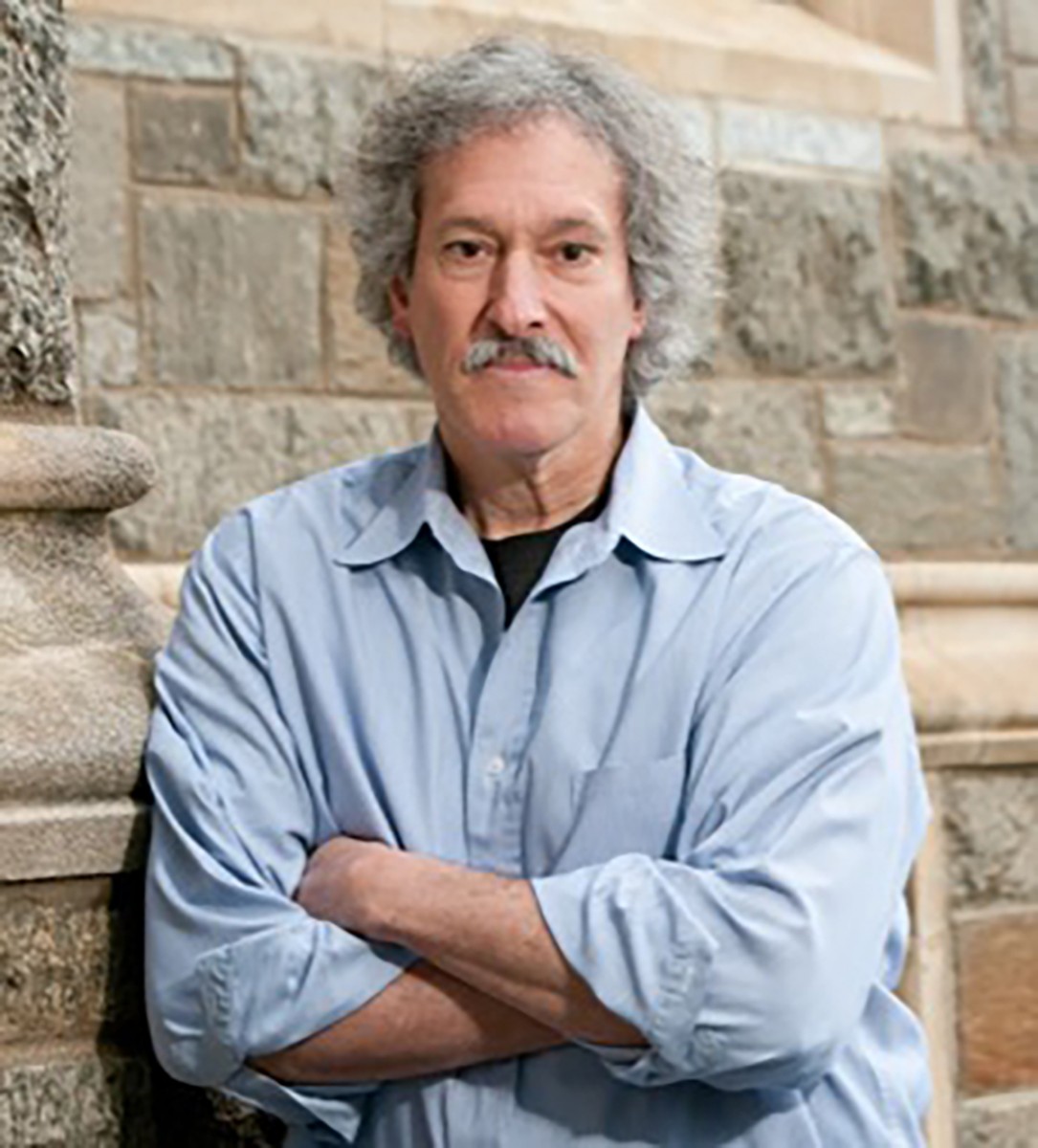The end of the tsarist rule and shift to Soviet control marked a dramatic change in Russian leadership and politics. Royal Russian families no longer held power, giving rise to independent communist rulers.
But despite inherent differences, neither style of government could escape the profound religious influence that shaped their reign.
At 2 p.m. Tuesday, July 17, in the Hall of Philosophy, Ori Z. Soltes will present his second interfaith lecture of the week, “The Drama of Revolutions: Spirituality and Rebirth in the Ashes.” Soltes, professor at Georgetown University and former director and curator of B’nai B’rith Klutznick National Jewish Museum, will guide Chautauquans through Russia’s transition into the Soviet Union and discuss the role of spirituality during this time.
Soltes will begin his lecture at the end of the tsarist regime, when Tsar Nicholas II and Tsarina Alexandra held power. The couple, Soltes said, befriended Russian mystic Grigori Rasputin, who left a lasting impression on the royal family.
“Nicholas and Alexandra were heavily influenced by Rasputin,” Soltes said. “Rasputin was essentially a religious reformer who, contrary to popular belief, really has this ambition to rebuild the church and community from which he came.”
After the revolution, Vladimir Lenin seized control as head of the Soviet Union, representing a movement that Soltes said was “supposed to be entirely anti-religion.”
Yet even Lenin does not completely abandon Russian spirituality.
“You’ve got in Lenin who, on the one hand, is trying to create a secular state. … But he is encouraging of, in general religious terms, different national, ethnic and religious groups to express themselves; so it’s a bit counterintuitive,” Soltes said. “He’s a secularist, and yet he’s not discouraging religious expression, provided it doesn’t get in the way of governance.”
Soltes will use images to help demonstrate the enduring Russian spirit, which will be made available to the audience through smart devices on the website chq.org/screen. His selections include pieces from the Peredvizhniki, meaning “The Wanderers,” a group of Russian artists who believed in the freedom of creative expression.
Soltes said the Peredvizhniki, among other artists, represented the desire for independence that also existed in the religious realm.
“Their argument was, the serfs were freed, how come art students aren’t freed?” Soltes said. “So they went out among the people and they painted the people and they painted the landscape.”





